Comprehensive Ladakh Travel Guide
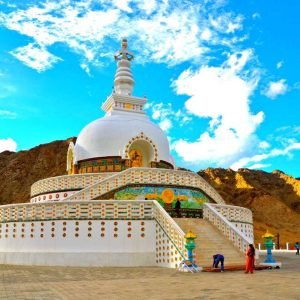
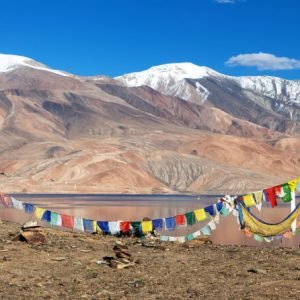
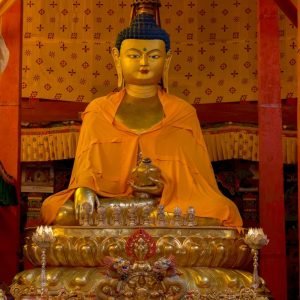
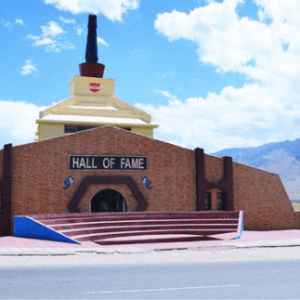
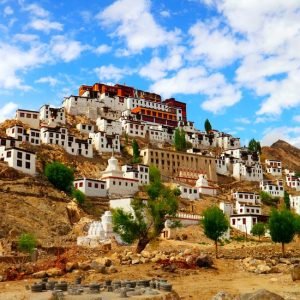
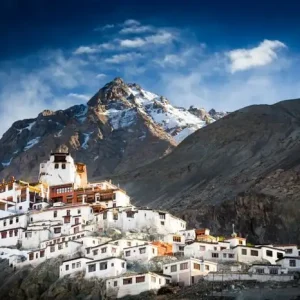
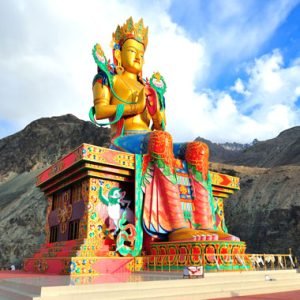
Table of Contents
ToggleIntroduction
Ladakh is a beautiful area situated in the northern part of India and is also known as “Land of High Passes.” The land of beautiful monasteries and lofty mountains, Ladakh is situated nearer to the Great Himalayas in the south and Karakoram Range in its east offering a wide range of experiences from monk facade monasteries dating back several centuries to valleys requiring you hiking through. Everything you need to know about where to go, what recommendable there and some exclusive local featured experiences in Ladakh.
1. Best Time to Visit
1. Summer (June to September)
Weather: During summer, Ladakh becomes the land of clear sky and lovely temperatures that vary between 15 to 25 degrees Celsius in the day. Temperatures can get as cold as 5°C on a night.
Things to do: This is a good time for outdoor activities like hiking, camping and sightseeing. The Local authorities also have declared the opening of all major roads and passes which lead towards remote areas.
There are a few cultural festivals that take place during the summer months in Ladakh, including Hemis Festival and Losar.
1.2 Winter (October to March)
Weather — Winters in Ladakh are freezing with subzero temperatures as low as -20°C and high chances of snowfall, which besieges the region leading to closed access at higher altitudes.
Things to do: Winter is the perfect time for snow sports such as skiing, and snowboarding, also trekking on the Chadar Trek over frozen Zanskar River. This is also the best chance to admire Ladakh for its snowy landscapes.
Events & Festivals-In the winter months, Leh Ladakh gets quieter and allows you to experience some of their traditional Ladakhi festivals as well as all of the unique cultural practices that go on during this time.
2. Getting There
2.1 By Air
Nearest Airport: The nearest main airport is Leh, which serves as the major transport hub to Ladakh from Delhi and Srinagar.
Airlines: There are direct flights from cities like Delhi, Srinagar and Mumbai. One can take a flight having beautiful views of the Himalayas and the close by location is Leh.
TIP — When possible always book flights in advance, especially if you plan to travel during a high season for tourists.
2.2 By Road
Manali — Leh: The Manali–Leh Highway (NH3) Route connecting the high mountain passes like Rohtang La, Baralacha La etc. Which is perfect for thrill-seeking travelers as the road only remains open from June to September.
Srinagar to Leh: The Srinadasgar-Leh, cutting through picturesque lands all the way up and over Zoji La Pass. From May till October it is open.
Travel Advice : Make sure your car is well-maintained and mountain-ready. The campers should also be ready in the event of a sudden change in weather.
2.3 By Train
nearest Stations: Jammu Tawi is main station of Ladakh.
Jammu to Leh: Once you reach Jammu, either travel by road or catch a connecting flight till Leh. A road trip from Jammu to Leh can be completed within 2-3 days, with beautiful roads throughout the way.
3. Key Attractions
3.1 Natural Wonders
Location: On the heights of about 4,350 meters, spread across Ladakh and Tibet.
Importance: Well-known for its mesmerizing blue waters that change colour during the day.
Things to Do: Good for Photography, Camping and Lakefront Leisure Stroll
TRAVEL HACKS: Do you need a permit to travel Pangong Lake and should acclimatize before visit
Place: North of Leh, connected through Khardung La Pass.
Importance: Famous for rare sand dunes, Bactrian camels and few but beautiful green oases in harsh desert landscape.
Major attractions : A huge Buddha statue in Diskit Monastery and sand dunes at Hunder, grasslands at Khalsar enroute Panamik, Yarab Tso Lake.
Important: You need an Inner Line Permit (ILP) to get into Nubra Valley for which you have to proceed from Leh itself.
Situated: Changthang Plateau at an altitude of 4,522 meters.
About Raithal: A mecostic lake sunken in the lap of himalmountains and can say it is with lot solitude place being surrounded by rugged scenes.
Bird watching, photography, camping.
Travel Tip: Carry all necessary items as the facilities are rare.
Magnetic Hill
Location: Nearly 30 km from Leh.
Prominence: Home to the famous anti-gravity hill where cars seem to roll uphill.
Things to do: Visit, take a few pictures.
Travel Tip: It is a common stopover en route to Leh from Srinagar or Manali.
Cultural and Historical Sites 3.2
Location: Above Leh town
Importance: A 17th-century royal palace on the hilltop with panoramic views of Leh and other surrounding mountains.
Things to do: Ancient murals, artifacts and Ladakhi architecture.
Travel Tip: The palace is open for visitors, but some areas may be off limits
Location: 45 km from Leh.
Highlights: Largest and the richest monastery of Ladakh, famous for Hemis Festival.
Inclusions: The giant thangkas, old manuscripts and lively monastic festivals.
Travel How to reach: I would recommend you visit during festival period but Shiskhar Taez is a year round monastery.
How to get there: Alchi village, roughly 70 km away from Leh.
Importance ~ The murals are really old and the Indo-Tibetan architecture is found only in this monastery.
Highlights: Frescoes, statues of the ancients as well as a simple monastery design
Trip advice — The monastery can be seen on a day trip from Leh forest.
Shey Monastery
Location: 15 km south of Leh.
Importance: Former summer capital of Ladakh, with giant Buddha statue.
Main Highlights: ancient monastery architecture, historical artifacts and picturesque views.
Tip: The site is the nearest monastery to Leh and less crowded than others.
4. Adventure Activities
4.1 Trekking and Hiking
Chadar Trek
Place: Over the icy Zanskar River
Importance- Tough winter trek Journey on the frozen river
Challenge: Moderate to hard (good physical fitness and acclimatization needed)
Trek Tip : The trek is mostly organized through local operators and requires pre-booking.
Markha Valley Trek
Location- A remote valley in Ladakh.
Importance: Famous for its picturesque landscapes, old villages and high altitude passes.
Level of challenge: Moderate to challenging, as it takes several days hiking
Travel Tip: Permits are trekking required, and a guide is highly recommended.
Stok Kangri Trek
Location: Near Leh located in Stok Range.
Importance: The trek is a high-altitude trek that concludes with one of the highest trekkable summits in India i.e Stok Kangri (6,153 meters).
Grade: 3 Challange; Need Good Acclimatisation And Prior Mountaineering Experience
Travel Tip: For this trek proper gear and acclimatization is must.
4.2 Biking and Motorbiking
Manali-Leh Highway
Route: About 475 km road from high mountain passes.
Importance: A delightful path through treacherous terrain with beautiful sights, an exciting trail.
Travel Info: Keep your bicycle checked and brought spare parts with you along for the ride.
Srinagar-Leh Highway
Route : 420 kms or more ( from landour to thaltak ) of beautiful flatland Interstate and twisting mountain pass.
Importance: Is a beautiful route and much easier when compared to Rohtang pass – Manali- Leh.
Travel Tip:Expect weather delays and allow for acclimatization.
4.3 River Rafting
Indus River
Location: Near Leh.
Highlights: Features rousing rapids that are ideal for both rookies and veteran rafters.
Activities:White-water rafting
Top Travel Tip: For the best rafting conditions try to book yourself in during summer when water levels are at their peak.
Zanskar River
Location — Inside Zanskar Valley.
Why It’s Important: Home to some of the most difficult rapids and beautiful views in America.
Activities : Grade 4+ Rafting
Travel Tip – Experience Necessary: Prearranged Guided Tours
4.4 Camping
Pangong Lake
Where: Along the lakeshore,
Why is it special: panoramic camping experience.
Activities: Star gazing, bonfire.
Travel Tip: It is cold at night, so carry some warm clothes.
Tso Moriri Lake
Location: Around the lake.
Importance: It offers a very tranquil place to camp along with serene shores.
Best For: Spotting animals, photography. Nature rich Resort – Set in a characteristic score inside the area flanking Jim Corbett National stop on one side and edge of developing city Kashipur then again with Nainital slope station being next critical weekend goal at around an hour’s drive, it is strategically placed for that all needed family break to lose living soul fervor!
Travel Tip: Facilities are limited so pack in everything you will need.
5. Local Experiences
5.1 Cuisine
Thukpa
It is a thick noodle soup with vegetables or meat.
Available at: Any local eateries or restaurants in Leh
Momos
Details: momo are traditional varieties of tibetan tangy dumplings containing either some type about vegetables and/or meat.
Best Place to Try: Street food stalls, local restaurants.
Yak Meat Dishes
Type: Traditional Ladakhi dishes of yak meat (including kebabs and stews).
Places to Try: Specialty restaurants/local houses.
5.2 Handicrafts and Souvenirs
Pashmina Shawls
Product Description: Soft And Luxurious Shawls In Fine Pashmina Wool.
Where to Buy: Leh Market and Local Handicraft Shop
Tibetan Jewelry
Handcrafted jewellery with classic patterns.
Where to Purchase: Local authentic markets and jewelry stores.
Traditional Ladakhi Crafts
Description: With items such as prayer flags, thangkas and woven textiles a.o.
Where to Purchase : Leh Market, Local Craft Shops
5.3 Cultural Festivals
Hemis Festival
When: June or July (depends on year).
Highlights: Mask Dances | Traditional rituals and a dance-performances by the lamas of Hemis Monastery.
Importance: Commemorate the birth of Guru Padmasambhava.
Losar Festival
Date – Tibetan New Year (February/March).
Presentations Include: Traditional ceremonies, family gatherings and cultural performances.
Meaning: Start of new year with joy celebrations.
Ladakh Festival
Date: September.
Features: Traditional Dances, Music Performers and Handicraft penetrations.
Importance : Represent Ladakhi traditions and culture
6. Practical Information
6.1 Health and Safety
Symptom will manifest itself resembling headaches, nausea and dizziness in altitude sickness. Its also a good idea to acclimatize by spending at least a few days in Leh before you head out again further or higher up.
Medical Facilities: inadequate in remote areas; suggest bringing a simple first-aid kit and knowing the nearest medical facilities in Leh.
Emergency Contacts: Have a list of emergency numbers, like the local police and hospitals.
6.2 Permits
Inner Line Permits (ILP): Need to visit Nubra Valley and Pangong Lake. Get these permits from leh before planning your travel.
Protected Area Permits (PAP): Required for border areas. Submit in advance through certified agencies.
6.3 Local Etiquette
Respect Local Customs — Dress Conservatively, Especially at Religious Sites. It is polite to take off your shoes before going into monasteries.
Photography: Take permission before taking photographs inside monasteries and private properties
6.4 Accommodation
Types: From luxury hotels, guesthouses to budget homestays and camping.
Tips: Pick hotels nearby to attractivnes which suit both by distance and comfort. During peak seasons, book ahead of time.
6.5 Transportation
Local transportation- options on taxis, bike rentals as well local bus. Use reputable agencies for transportation.
Travel Tip: Book Local Transport In Advance (This is especially true for remote places where there are barely any options.)
7. Packing Tips
7.1 Essential Items
Clothing: Wear Layers, you will experience all the seasons in a day Warm jackets, trekking gear and thermal wear.
Accessories: Sunglasses, the sunscreen a wide-brimmed hat and your lips care coat via balm for sun safety & to keep them hydrated during cold.
Medical: Altitude tablets, basic personal hygiene and a simple first aid kit.
7.2 Additional Gear
Cameras, extra batteries and memory cards: for the stunning landscapes.
Outdoor Stuff: Hiking/trekking poles if you have them (even a broom stick can be used), sleeping bags for camping style, water bottles.
Conclusion
Situated in the northernmost part of India, Ladakh’s mystical landscapes attract numerous adventure enthusiasts who plan a visit to this magical land. With this extensive list of things to do in Ladakh, you discover the serene lakes and panorama views on one side whereas unique local experiences while relishing the vibrant festivals all come along on your trip. If you want peace or exploration both are promised in Ladakh to give you an unforgettable walk.
How to Book a Ladakh Tour with Charzan Holidays?
For a seamless and exceptional booking experience, contact Charzan Holidays at reservations@charzan.in or call us at +919622224473
Frequently Asked Questions
1. What is the best time to visit Ladakh? | |
| The best time to visit Ladakh is from May to September, when the weather is pleasant and most roads are open. | |
2. How do I reach Ladakh? | |
| You can reach Ladakh by air, with direct flights from major cities like Delhi, or by road via the Manali-Leh or Srinagar-Leh highways. | |
3. What documents do I need for traveling to Ladakh? | |
| Indian nationals require valid ID, while foreign tourists need a passport and may require Inner Line Permits for certain areas. | |
4. Is it safe to travel to Ladakh? | |
| Yes, Ladakh is generally safe for tourists, but it’s essential to follow local guidelines and be cautious about altitude sickness. | |
5. What should I pack for a trip to Ladakh? | |
| Pack warm clothing, sunscreen, sturdy footwear, a first-aid kit, and essential medications for altitude sickness. | |
6. How can I manage altitude sickness in Ladakh? | |
| Acclimatize gradually by spending a day in Leh before going higher, stay hydrated, and avoid strenuous activities initially. | |
7. What are the best places to stay in Ladakh? | |
| Accommodation options range from hotels in Leh to guesthouses, homestays, and campsites in remote areas like Nubra and Pangong. | |
8. Are ATMs available in Ladakh? | |
| ATMs are available in Leh, but they may not work at times. It’s advisable to carry enough cash, especially in remote areas. | |
9. What are the top attractions in Ladakh? | |
| Top attractions include Pangong Lake, Nubra Valley, Khardung La Pass, Thiksey Monastery, and Leh Palace. | |
10. What local cuisine should I try in Ladakh? | |
| Don’t miss trying dishes like thukpa (noodle soup), momos (dumplings), and chang (barley beer). | |
11. Can I rent a bike or car in Ladakh? | |
| Yes, there are rental services available in Leh for bikes and cars. Ensure you have the necessary permits and a valid driving license. | |
12. What cultural etiquette should I follow in Ladakh? | |
| Dress modestly, be respectful in monasteries, and ask for permission before taking photos of people. | |
13. Are there guided tours available in Ladakh? | |
| Yes, numerous travel agencies offer guided tours that include transportation, accommodation, and itinerary planning. | |
14. What are the essential permits for Ladakh? | |
| Inner Line Permits are required for certain regions like Nubra Valley and Pangong Lake, which can be obtained in Leh. | |
15. What emergency contacts should I have while in Ladakh? | |
| Keep handy contacts for local police, hospitals, and your country’s embassy or consulate in case of emergencies. |
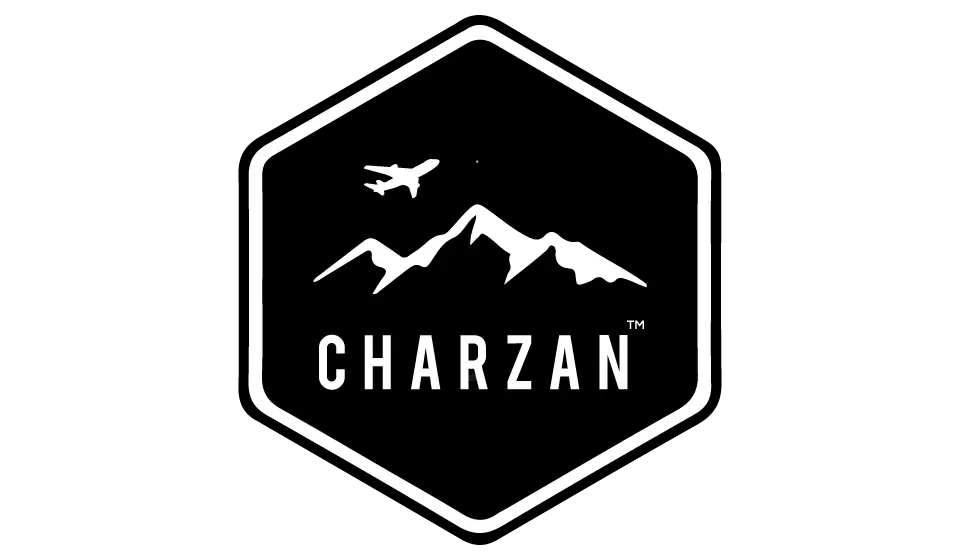

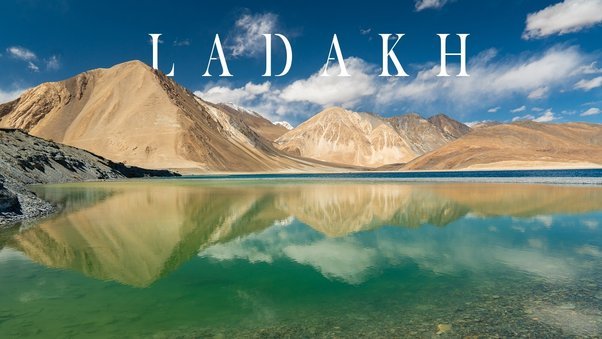
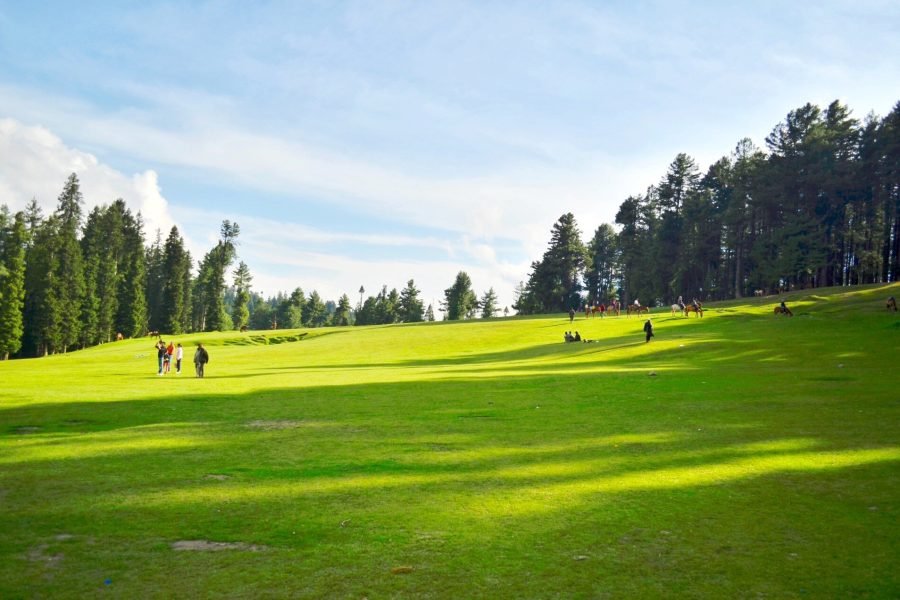
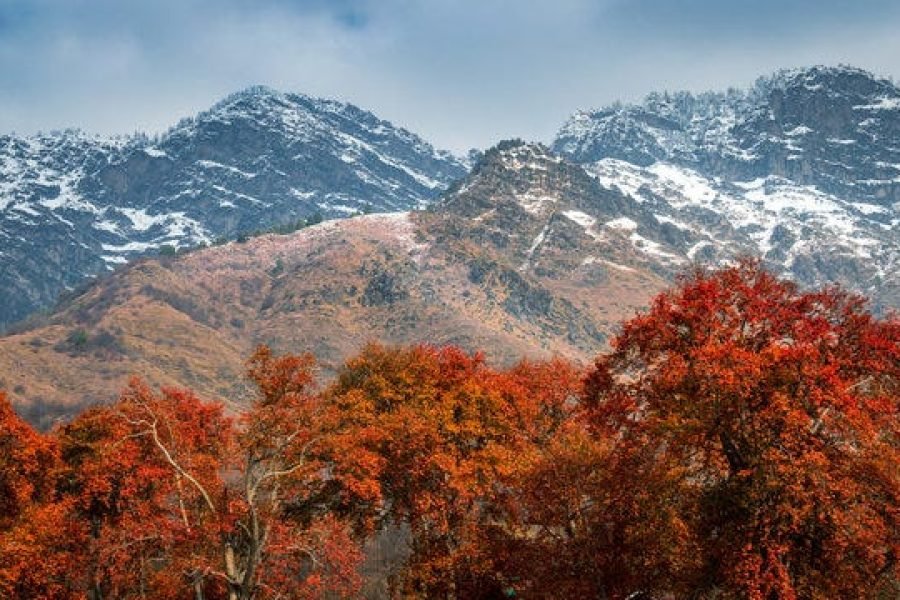
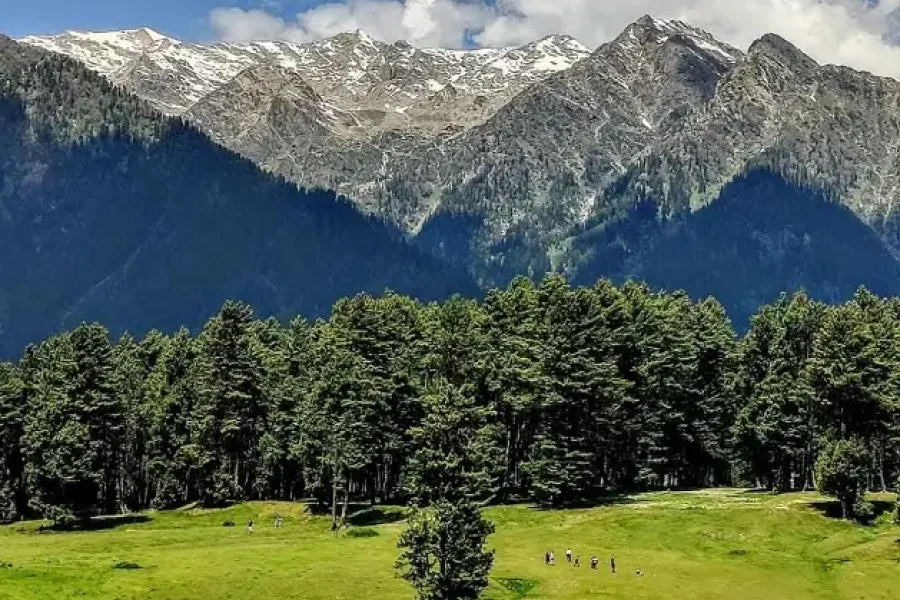
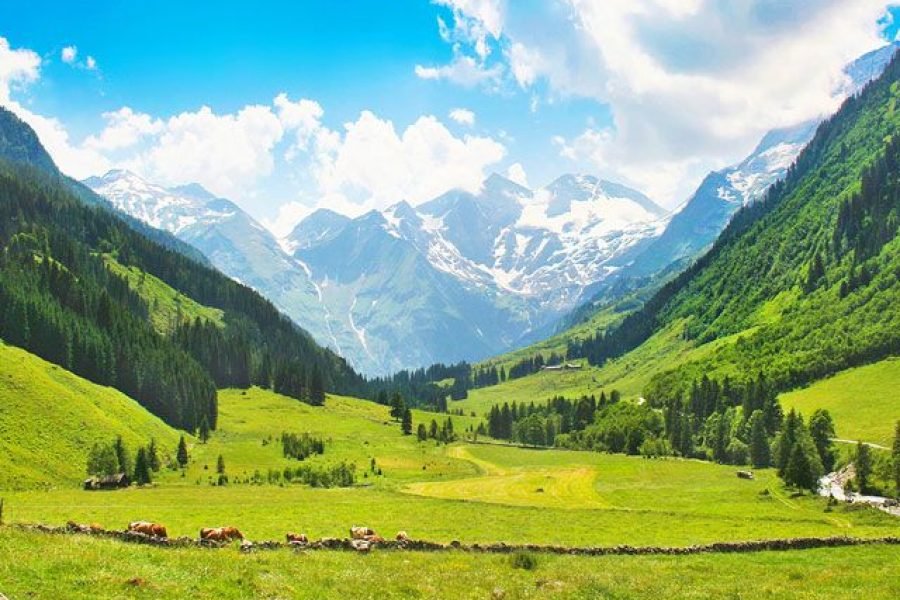
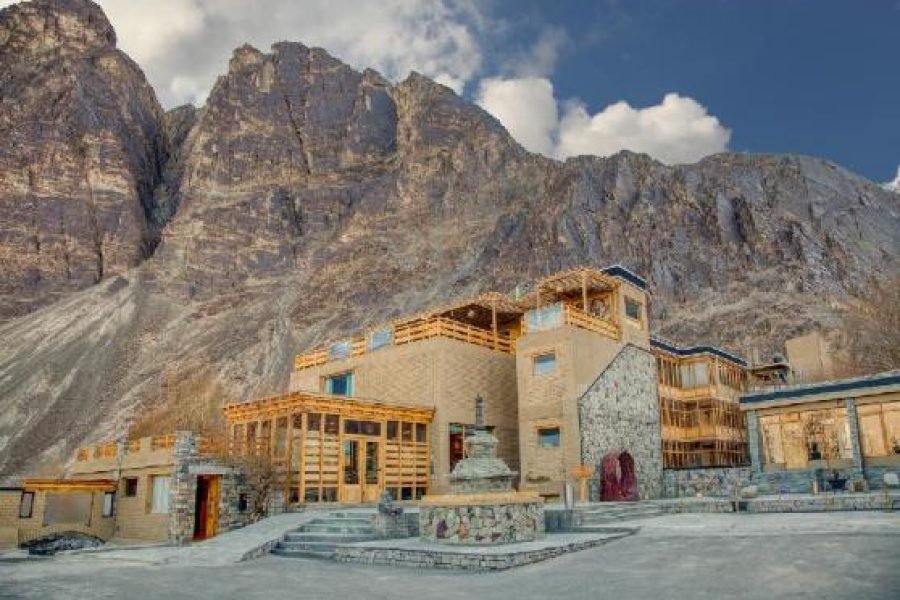
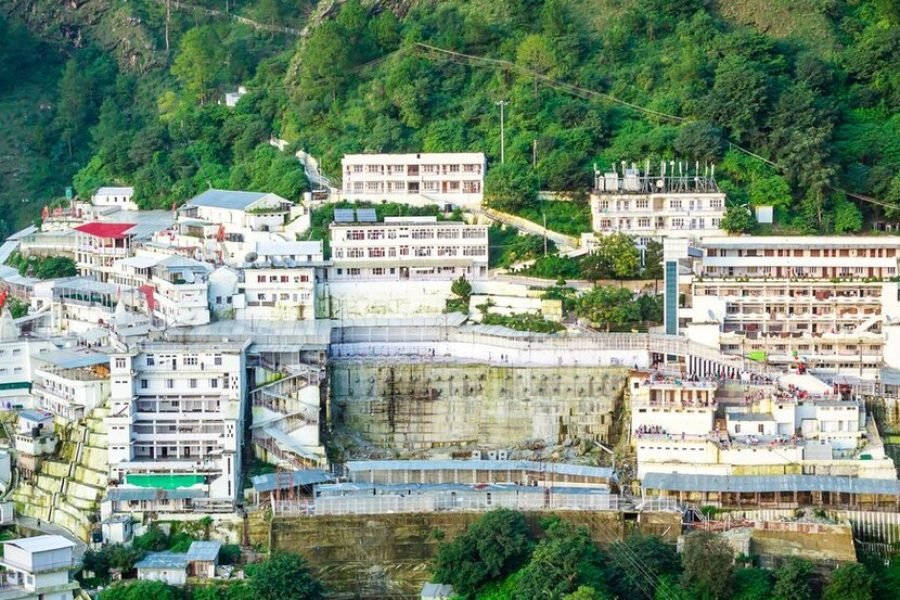
0 Comment